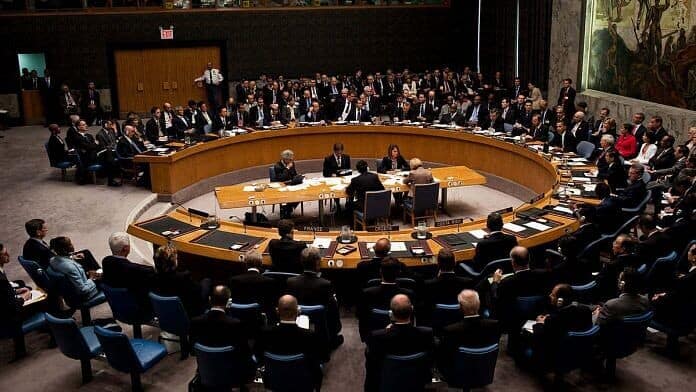
'Not acceptable': India criticizes nations opposing UNSC permanent seats expansion
What's the story
India has slammed nations opposing the expansion of permanent seats in the United Nations Security Council (UNSC).
The criticism was made by India's Permanent Representative to the UN, Ambassador Parvathaneni Harish, at a Security Council meeting chaired by China.
Harish called these nations "status quoists" with a "narrow focus" and a "non-progressive approach," adding that such an approach "can no longer be accepted."
Representation call
Harish advocates for due representation of Global South
Harish argued that the Global South, including India and other major players, deserves due representation in UN structures.
He listed three fundamental principles for successful UNSC reforms: increasing membership in both permanent and non-permanent categories, initiating text-based negotiations, and associating ambitious timelines with tangible outcomes.
Citing Prime Minister Narendra Modi's remarks at a previous summit, Harish reiterated that "reforms is the key to relevance."
Reform necessity
Harish highlights need for UN adaptation to current realities
The Indian envoy emphasized that the original UN structures, created in a different historical context, must evolve with today's global realities.
He noted that a polarized Security Council has failed to address contemporary peace and security challenges, as seen in conflicts like the Ukraine war and Israel-Hamas conflict.
UN Secretary-General Antonio Guterres has also recognized the UN's evolution from 51 Member States nearly 80 years ago to 193 nations today, he added.
African representation
Harish emphasizes need to address historical injustices to Africa
In his address, Harish stressed the need to redress historical injustices toward Africa as a key component of UNSC reforms.
The Indian envoy reiterated India's commitment to reforming multilateralism and called on all Member States to join this effort.
"At a time when the world is increasingly expressing concerns about the ability of the United Nations to deliver effectively on pressing global issues, reforms are not a choice anymore but an imperative," he said.